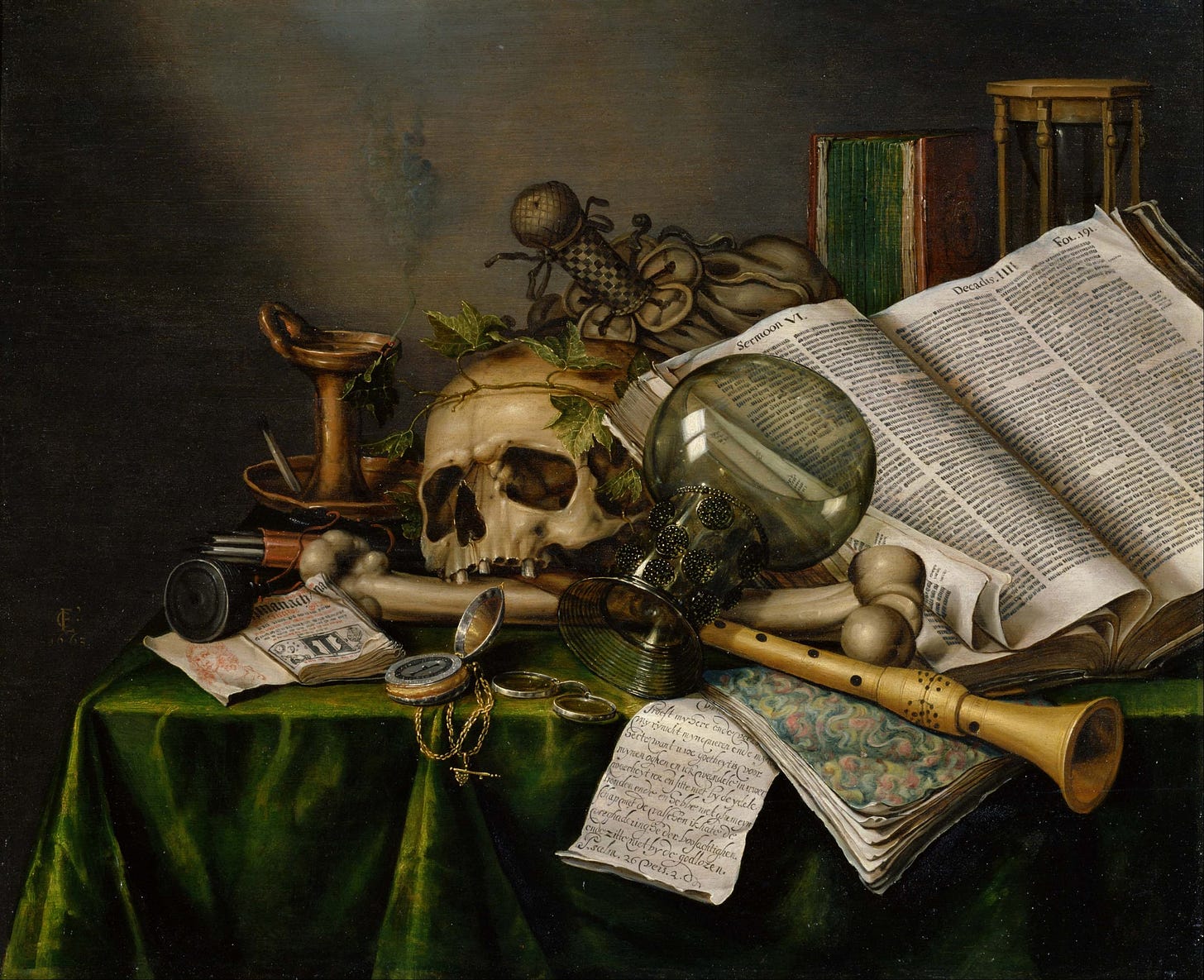Thoughts on Language & Translations
Language Is Hard
-Sierra Ward
We’ve been reading/listening to Robert Alter’s translation of Genesis in our Bible study. It’s both interesting to listen (versus reading) since we tend to rely very heavily on our eyes/reading and less on our ears/hearing. But for most of human history we’ve been non-literate, and talking/listening has been our primary means to transmit story/history/meaning to the next generation.
Robert Alter (1935-) is a professor of Hebrew and Comparative Literature at Berkeley where he has taught since 1967. He has published more than 21 books and his translataion of the Hebrew Bible was finished in 2018.
Over twenty years ago I got to spend a year in college in Florence, Italy. I spent the year learning about Renaissance art and culture and muddling through how to learn a language - a task I didn’t feel I had really any particular apptitude for. Handily, while there I dated an Italian immigrant who barely spoke English and so he catapaulted me into an immersive world of language. By the end of the year I was dreaming in Italian, speaking it for weeks on end, and calling home with English spoken in a severe Italian lilt. A week before I left (at the pinnacle of my lanaguage prowess) a lady at a vendor stall asked me which hospital I was born in. I felt I had arrived (ironically only to leave a few days later and never return).
It was a year to remember, and many of the experiences have stuck deeply with me (unfortunately most of my Italian is rusty with nowhere to use it). What was stunning to me to realize was that lanaguage isn’t a flat overlay ontop of another lanaguage. This might seem obvious, but it was a revelation to me. The way we speak English isn’t a just using words for word over Italian (or vice versa). There are whole different ways to express yourself, and whole different words and idioms and ways to thinking. Words are deeply symbolic and tell us as much about the culture as the words themselves ever will just alone.
It was this year that got me to think in new ways about language and also translations of the Bible. It will boggle you to realize that the Bible wasn’t originally written in English (small joke). But we often approach it as if we think this, even if rationally it makes no sense. And not only was it not written in English but it was also not written in the United States in the 21st century. We are eons removed from both its culture and its language.
So translating the words is more than just overlaying the English equivalent ont top of the Hebrew/Aramaic/Greek - it’s also about understanding the culture, the meaning and the syntax.
If I pick up a “glass” from the table - you have a good idea what I mean. I don’t mean the things I see through, but instead a clear (usually) container for drinking cold beverages made out of glass. We can almost hear the ice clink around the cool liquid. But if I say “mug” what do you think? Icey cold drinks? No, usually coffee, hot, warming both the container and your hands as you hold it. And deeper than that even you might also feel cozy, the cheeriness of morning, whatever routine you drink coffee in and so many other levels of meaning. I didn’t have to explain that all to you, you know, we do it all the time when we speak lanaguage. Which is part of it’s beauty and it’s burden - it’s PACKED full of meaning. So what if you now have to translate those two ideas for drinking vessel into a lanague that only has one word for beverage container? You must both know the nuance of the first lanaguage, and the nuance of the second. You must understand the culture in which they drink hot and cold drinks (of even if they drink hot or cold drinks) and what the meaning is behind their drinking and eating and gathering (since drinking and eating are usually never just drinking and eating).
Once we begin to grasp how complex translating is, we also begin to have a new appreciation for lanaguge, and writing and the exact words that the author/translator/editor has chosen. In fact the complexity can sometimes overwhelm us. And yet, it’s also beautiful. All that to say that it’s an art more than a science - filled with subjectiveness.
You may meet people who dogmatically believes one translation of the Bible is better than another but when we think objectively about the process it’s hard to really be dogmatic.
I’ve very much enjoyed Robert Alter’s translation of Genesis because he phrases things uniquely and provides extensive commentary on his choices or the things that might appear at first murky. On my wish list is his entire translaation of the Hebrew Bible, but at a scant $194, it may have to wait.
Did you ever learn a second lanaguage?
Do you have a favorite version of the Bible? Why?
We’d love to hear your thoughts!



I did like your use of glass and mug to describe translating problems. What's interesting is that mug made me think of beer first until you talked about coffee. Just showing the importance of context even in our first language and how gender or cultural differences can change perception even among people who speak the same language